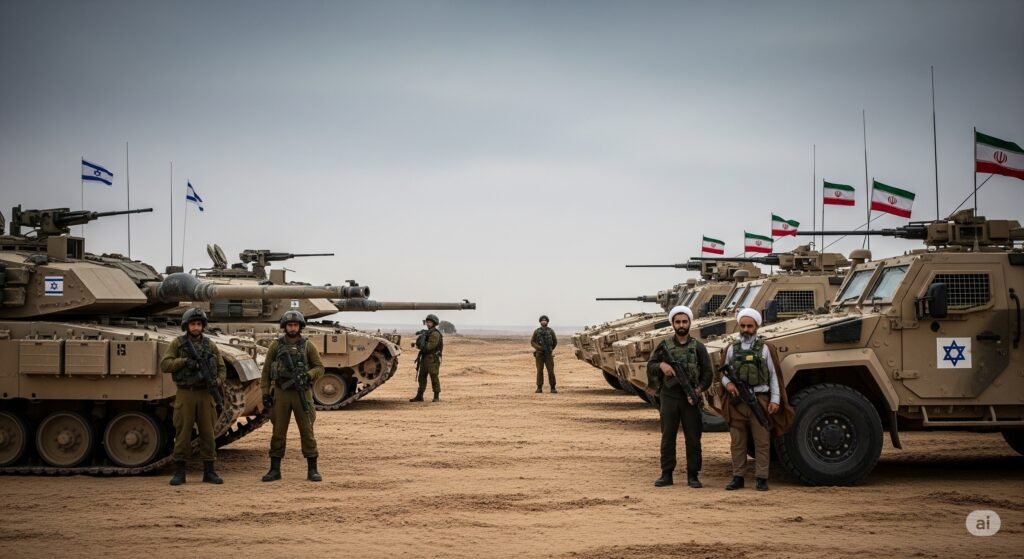The ongoing tensions between Israel and Iran are a complex global issue. This post breaks down the latest developments and what they might mean for the world stage.
The relationship between Israel and Iran is a delicate and often volatile one, marked by periods of heightened tension and underlying strategic competition. Understanding the nuances of this dynamic is crucial for grasping broader geopolitical currents in the Middle East and beyond. Recent developments continue to underscore the complexity of this relationship, prompting global observers to pay close attention.
A History of Mistrust
The current state of affairs is rooted in decades of diverging political ideologies and strategic interests. For many years, the relationship has been characterized by mutual suspicion and proxy conflicts played out across the region. Understanding this historical context is key to interpreting present-day events.
Recent Flashpoints
While direct large-scale conflict has been avoided, the interactions between Israel and Iran often manifest in more subtle ways. These can include:
- Cyber activities: Both nations possess sophisticated cyber capabilities, and reports of cyberattacks targeting critical infrastructure have become increasingly common. This “invisible” battlefield adds another layer of complexity to the relationship.
- Regional influence: Both countries seek to exert influence in the Middle East, often supporting opposing sides in regional conflicts. This competition for power can lead to indirect confrontations and heightened tensions.
- Nuclear program concerns: Israel has long expressed concerns about Iran’s nuclear program, viewing it as a potential existential threat. International efforts to monitor and regulate this program remain a critical aspect of the ongoing dynamic.
Global Implications
The tensions between Israel and Iran are not confined to the region. They have wider implications for international security and stability. Disruptions in the Middle East can have knock-on effects on global energy markets and international diplomacy. For the United States, maintaining stability in this complex region is a long-standing foreign policy objective, requiring careful navigation of the delicate balance of power.
Looking Ahead
Predicting the future trajectory of the Israel-Iran relationship is a challenging task. Many factors, both internal and external, will continue to shape their interactions. Ongoing diplomatic efforts, shifts in regional alliances, and domestic political considerations in both countries will all play a role in what the future holds. For those of us in the United States, staying informed about these developments is essential for understanding the broader global landscape and the potential impact on international affairs.











